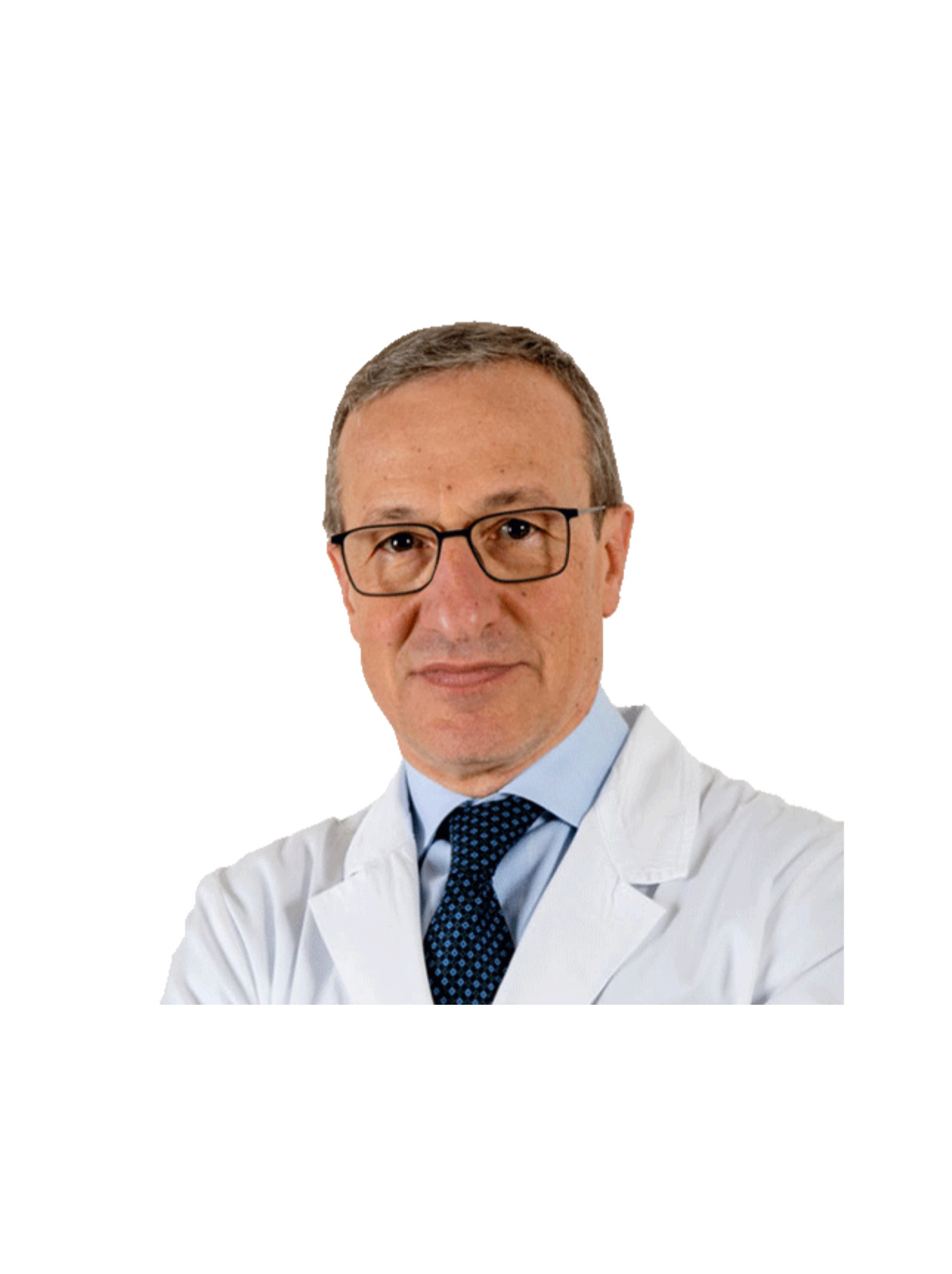An Interview with Prof. Domenico D’Ugo, President of the 42nd Congress of the European Society of Surgical Oncology

Florence, 26th October 2023. “By putting each patient at the centre of care we can do our best for everyone and optimise outcomes in the oncology field”, says Prof. Domenico D’Ugo, President of the 42nd Congress of the European Society of Surgical Oncology. The event is completely sold out and is taking place at Palazzo dei Congressi until Friday, 27th October, with 1,200 representatives coming from 82 countries. “European participants – among them 13 from Ukraine and 1 from Russia – are joined by many representatives from Egypt, South America, and South Korea. I would say – stated President D’Ugo – that we have been able to bring this global event back to Italy since 2006, when it was presided by the then-Minister of Health, Prof. Umberto Veronesi, in Venice”.
What were the winning advantages of this congress?
“First of all, the fact that we managed to talk about such an important theme in front of a multidisciplinary audience, formed by doctors, institutional figures, and stakeholders, and not just by insiders. And then, the value of ‘thorny’ themes that were discussed, such as the urgence to fight inequality – particularly strong in Italy – between North and South, in order not to betray the humanitarian concept, as well as the institutional right of all patients to be treated in the same way in any centre in Italy. Another important point is the need to work to certify the quality of highly complex surgery. Quality can be measured especially in the field of surgery. We want this problem to be acknowledged. And lastly, it is worth remembering how our society also relies on the support of the European Journal of Surgical Oncology, the internationally renowned surgical oncology magazine”.
What is the health system situation like in Italy today concerning the theme of surgical oncology?
“In Italy, we are between backwardness and ridiculousness. Backwardness because theoretically, a national oncologic plan does exist. There are rules and oncologic networks that have to be established, and for which each case has to be treated and analysed in a multidisciplinary way. What is more, there are regions that applied that, others that apply it in the wrong way, and others that do not even know what we are talking about. The fact is that, among the 10,000 cancer patients in Italy, those who can benefit from a system guaranteeing quality are not even 1 out of 10”.
What is the approach of the Region of Tuscany within this context?
“Tuscany is a region where oncologic networks work, and where quality is somehow encouraged. I would say that it is a region that benefits from a healthcare management that is quite in line with European objectives”.
What is the state of the art of the health system in our country?
“The health system needs new doctors, but we are observing a widespread disaffection towards this profession. Funding new scholarships is not enough if people are not motivated and encouraged. We do have talents, but they go abroad. Italian doctors are requested abroad because they are brilliant minds, well-prepared and used to earn low wages. Abroad, they earn three times as much. That is why they leave the country and we are losing them”.